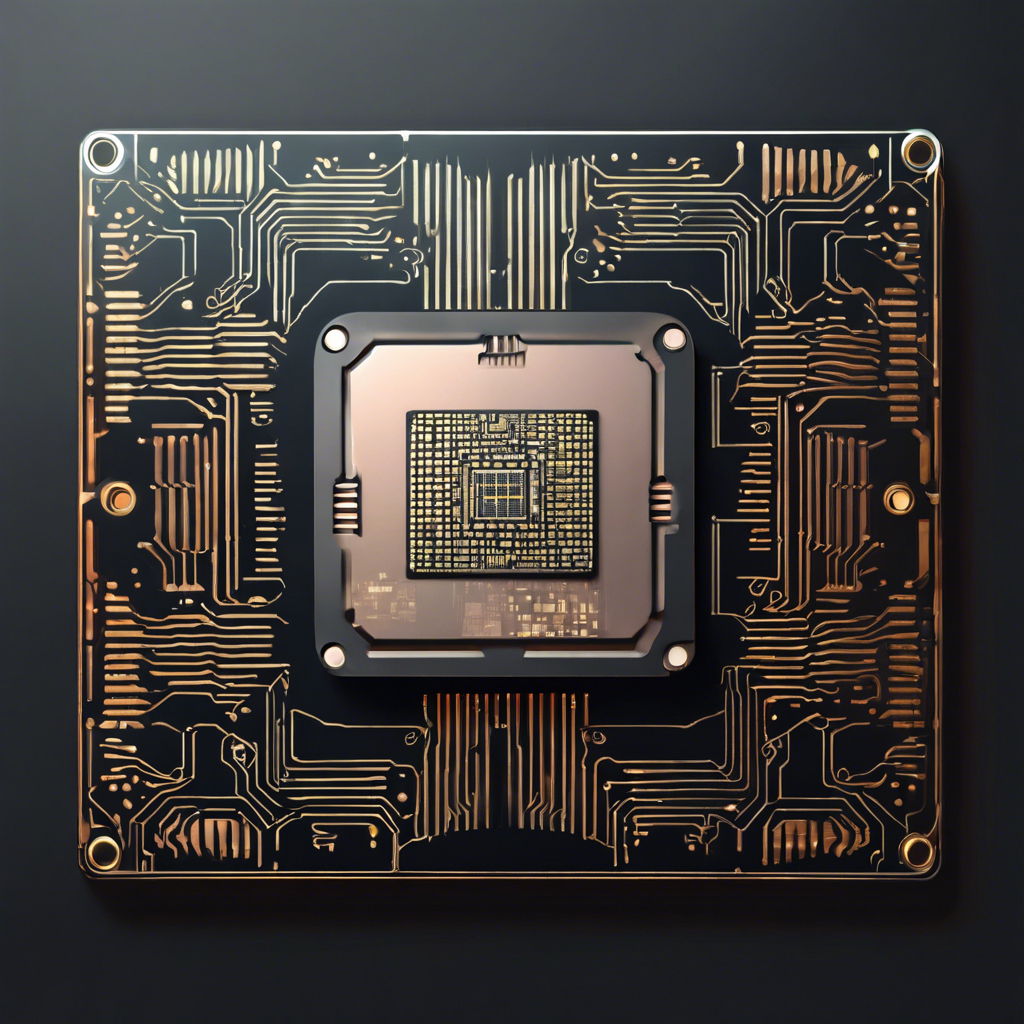
On October 10, Advanced Micro Devices (AMD) launched its new AI chip, the Instinct MI325X accelerator, in an effort to challenge Nvidia's dominance in the data center GPU market. This announcement occurred at the Advancing AI 2024 event, where AMD showcased a comprehensive range of AI-focused data center solutions, including new server CPUs and processors designed for enterprise AI applications. The demand for powerful GPUs has surged due to the generative AI boom, predominantly benefiting Nvidia, which currently holds a 95% market share in AI chips. Max Li, a Columbia University adjunct professor, noted that AMD's entry could foster competition and potentially reduce prices in the long run, as Nvidia currently enjoys high profit margins. However, winning market share will require AMD to not only enhance hardware performance but also expand its software ecosystem. The success of AMD's ROCm software stack, which has reportedly improved performance with various AI models, will be vital in competing against Nvidia's well-established CUDA platform. While AMD's foray into the AI chip market presents opportunities for businesses, immediate price drops are unlikely due to overwhelming demand for AI chips.
Instead, AMD aims to offer a value option rather than directly undercutting Nvidia. The company's strategy also emphasizes open standards, which could lead to more cost-effective solutions and reduce reliance on proprietary systems. Industry reactions to AMD's announcement have been positive, with partnerships formed with major companies like Dell, Google Cloud, and Microsoft. AMD CEO Lisa Su projected that the AI accelerator market could reach $500 billion by 2028, making this move critical for AMD’s growth. This increased competition could accelerate AI integration into various industries, enhancing the feasibility of applications like demand forecasting and personalized customer experiences. Lower prices could lower barriers to entry for businesses, much like the evolution of mobile phone accessibility has transformed technology adoption globally.
AMD Challenges Nvidia with New Instinct MI325X AI Chip


Retail giant Walmart has fully embraced generative artificial intelligence (AI), encouraging associates company-wide to incorporate AI tools into daily workflows.

Viamedia, a prominent name in the advertising technology industry, has officially rebranded as Viamedia.ai to emphasize its strategic shift toward artificial intelligence and advanced advertising technologies.

OpenAI has recently announced major updates to its AI-driven video generation platform, Sora 2, improving both functionality and user experience for its global user base.

A recent extensive study by the research group Five Percent, covering January 2020 to May 2025, reveals significant changes in online content creation.

Microsoft Corporation is preparing to increase its reliance on third-party firms to manage a larger share of software sales targeting small and midsize businesses, aligning with industry trends as companies adjust sales methods amid the AI-driven market.

The integration of artificial intelligence (AI) into search engine optimization (SEO) is driving a transformative shift in the digital marketing arena, bringing both considerable challenges and exciting opportunities for professionals in the field.

SalesAi recently conducted two extensive studies to explore the transformative effects of artificial intelligence (AI) on revenue generation, sales efficiency, and overall business growth.
Automate Marketing, Sales, SMM & SEO

and get clients on autopilot — from social media and search engines. No ads needed
and get clients today